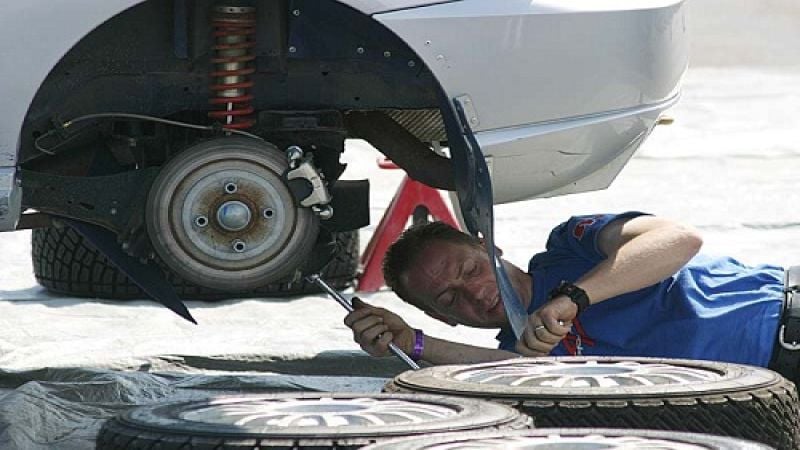As summer travelers pack up to embark on weekend or longer getaways and road trips, CarMD has identified the top five most important car repairs that unattended can significantly reduce mileage and roadside breakdowns, plus tips to help motorists avoid a tow truck this summer.
Replace the Oxygen Sensor – The top reason for check engine indicators last year was a faulty O2 sensor that monitors how much unburned oxygen remains in the engine exhaust. It tells your onboard computer if there’s too much or too little fuel. A faulty reading can reduce mileage by as much as 40 percent. Over 500 miles, an unrepaired O2 sensor can cost an extra $50 in fuel. O2 sensors don't cost very much (about $20) and with today's prices will pay for themselves in no time.
Inspect Gas Cap – A loose or cracked gas cap is the second most common cause of a check engine indicator, accounting for over 9 percent of repairs in CarMD's database. A poorly fitting gas cap can reduce your engine’s efficiency by a couple miles per gallon and industry wide causes an estimated 147 million gallons of fuel to evaporate each year.
Check Catalytic Converter – The third most common repair is replacing the catalytic converter, but it really shouldn't even be in the top 10 most frequent repairs. Catalytic converters normally won't fail unless a part such as a spark plug or O2 sensor is overlooked too long. This repair can cost $2,000, giving any traveler a case of the blues when they are supposed to be enjoying life to its fullest.
Replace Mass Air Flow Sensor – The fourth most common repair is replacing the mass air flow (MAF) sensor, which measures the amount of air supplied to the engine and determines how much fuel to mix in. Malfunctioning can result in a lack of power, engine hesitation or over-acceleration. If can also lower your fuel economy by 10 to 25 percent and is especially susceptible to dry, dusty summer roads. The best way to keep your MAF sensor healthy is with a clean air filer. Air filters cost less than $20, while MAFs run about $300 in parts and labor.
Replace Spark Plugs or Wires– The fifth most common repair was replacing spark plugs or spark plug wires. Spark plugs ignite the air/fuel ratio and can cause big problems when not functioning properly, reducing mileage by 10 to 20 percent, but they can also permanently damage your car's catalytic converter. Spark plugs should be replaced every 30,000 to 40,000 miles, but can fail earlier if oil or dirt builds up in your engine. If you do it yourself, replacing a spark plug can cost under $10. Having it done by a certified mechanic costs a couple hundred dollars, but can save thousands.
According to CarMD, the best way to avoid these problems and breakdowns is by following regularly scheduled maintenance including fluid changes, proper tire maintenance and quick attention to all warning lights.
Have a great and worry free vacation.
Car repair image source: Wikipedia
Set as google preferred source










